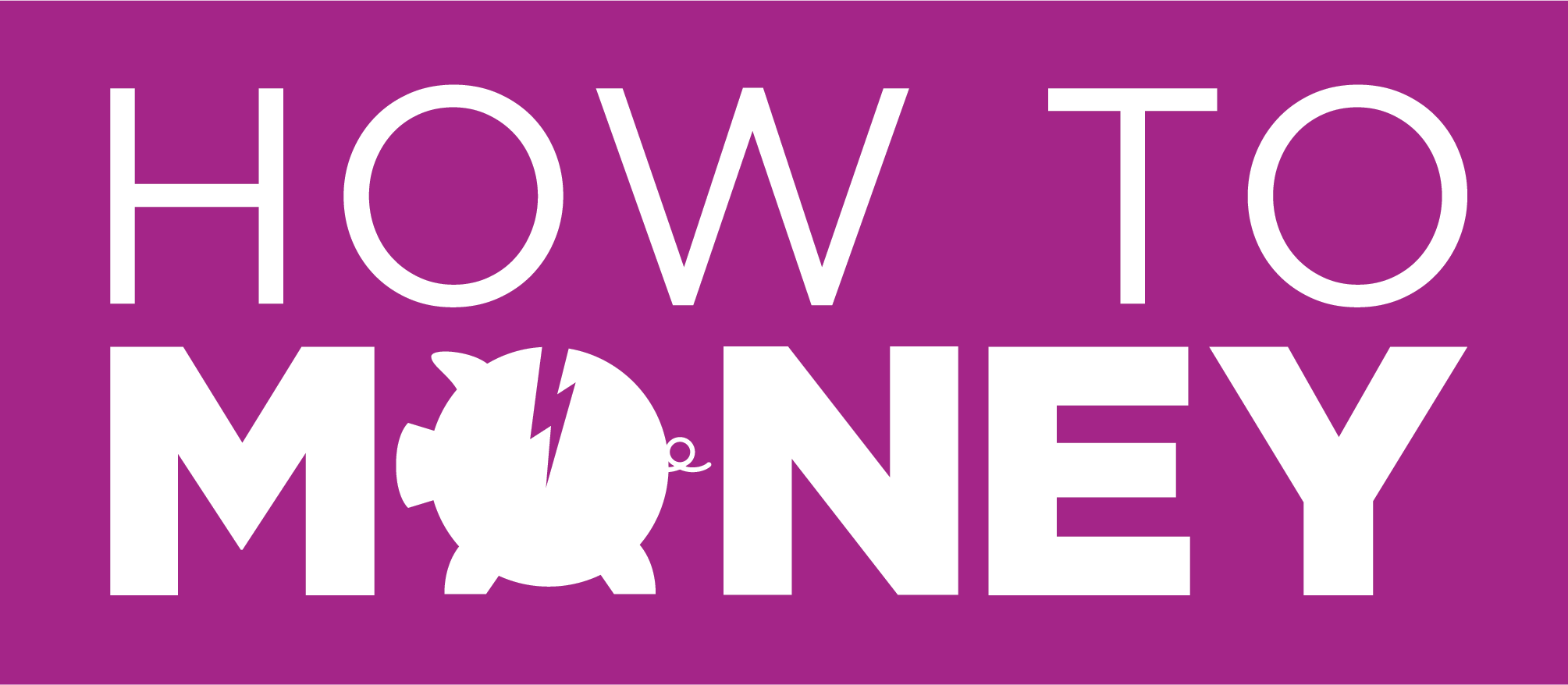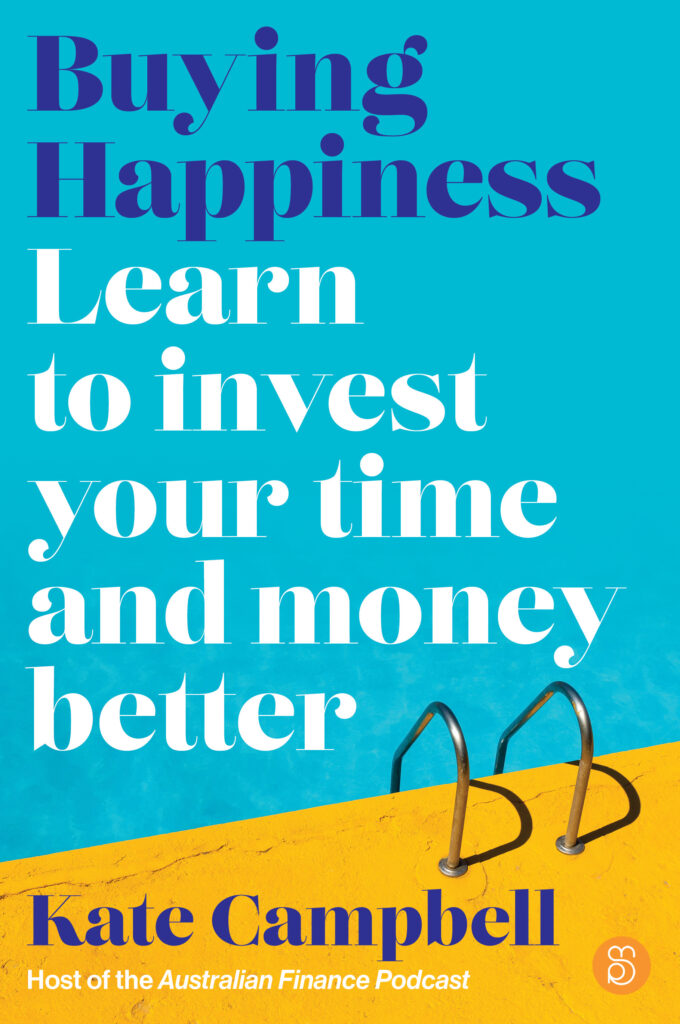
Faces of Finance: Tom Culver from Goodments
Through the lens of the media you often just see one side of finance, Wall Street traders and stock charts make up most of the images that grace your screens. At How To Money, we know there’s a lot more to finance than that, and there are countless individuals working in the industry across a wide variety of roles.
Whether you’re looking to work in finance or are just interested in what they do all day, this series focuses on people working in the industry and their stories. Welcome to the Faces of Finance…
In our fourth instalment of Faces of Finance, we interviewed Tom Culver, the CEO and Co-Founder of Goodments. We’d love your feedback and suggestions on who we should interview next! Get in touch via the comments below or send us an email at howtomoneyaus@gmail.com.
Introducing Tom Culver from Goodments.
Tom has 17 years of experience working in wealth management in both London and Sydney; providing client advice, leading teams, developing strategies and managing product innovation. Most recently, Tom founded Goodments, which creates digital tools to help everyday Australians to invest sustainably. Tom is also a member of the Australian Sustainable Financial Initiative (ASFI) working committee.
We recently interviewed Tom on the How To Money Podcast, which breaks down micro-investing and how Goodments works.
How did you get into finance?
I actually studied law at uni and had every intention of becoming a solicitor until I did work experience at a fairly prestigious London law firm. It was an awful experience for may reasons which turned me off the idea of going into Law completely. After I graduated I was introduced through a friend to someone who owned a City-based Financial Planning firm. We hit it off and he hired me straight away and trained me up.
What do you enjoy about working in the financial services industry?
My focus as always been on the customer and helping them navigate a world which for most is confusing, but undeniably necessary. Now as a founder of Goodments, it is very much about creating technology that helps people by making investing accessible to everyone, as well as using finance as a driving force for sustainable development.
Do you see any downsides to working in this industry?
Absolutely. It’s a heavily regulated, slow-moving and traditional global industry that has been on the ropes since the GFC. It has also been tainted by greed and unethical behaviour, possibly forever. But with those downsides, however, comes great opportunities for change.
What is the most common misconception you think others have about the industry?
That working in finance means is all about greed and that there is no opportunity to help individuals and make the world a better place.
If you received $1000 extra to spend to ‘increase your happiness’ right now, what would you use it on?
A new surfboard. Surfing is my meditation and exercise, making it critical to my happiness.
What are your tips for young Australians considering a career/job in finance?
- Decide if you want a financial-based career or a career in finance. You can be an accountant almost anywhere.
- Find an organisation that truly puts their customers first, everything else will fall into line.
- Find the most suitable launchpad for you as you can find vastly different experiences and opportunities. Large organisations will give you structure and the opportunity for a varied career path, including management which isn’t for everyone. Smaller organisations can offer a great challenge and among other things will allow you to focus on your chosen vocation.
That brings our third instalment of Faces to Finance to an end. I really hoped you enjoyed learning more about Tom and his career in the financial services industry.
Kate — HTM Editor & Host
Want to learn more about money and personal finance? Check out our article archive, the How To Money Podcast and the Australian Finance Podcast. Catch us on Twitter @HowToMoneyAUS and Instagram on @HowToMoneyAUS.
Important Information
The information on this blog and website is of a general and educational nature only. It does not take into account your individual financial situation, objectives or needs. You should consider your own financial position and requirements before making a decision, as we are not an advisory service. We recommend you consult a licensed financial adviser in order to assist you. The information is based on assumptions or market conditions which can change without notice, and this will impact the accuracy of the information provided. This website and blog occasionally provide links to third-party sites, aimed at helping you gather the information required to make an informed decision — we may receive payment for these referrals.






